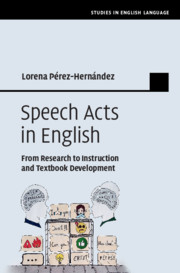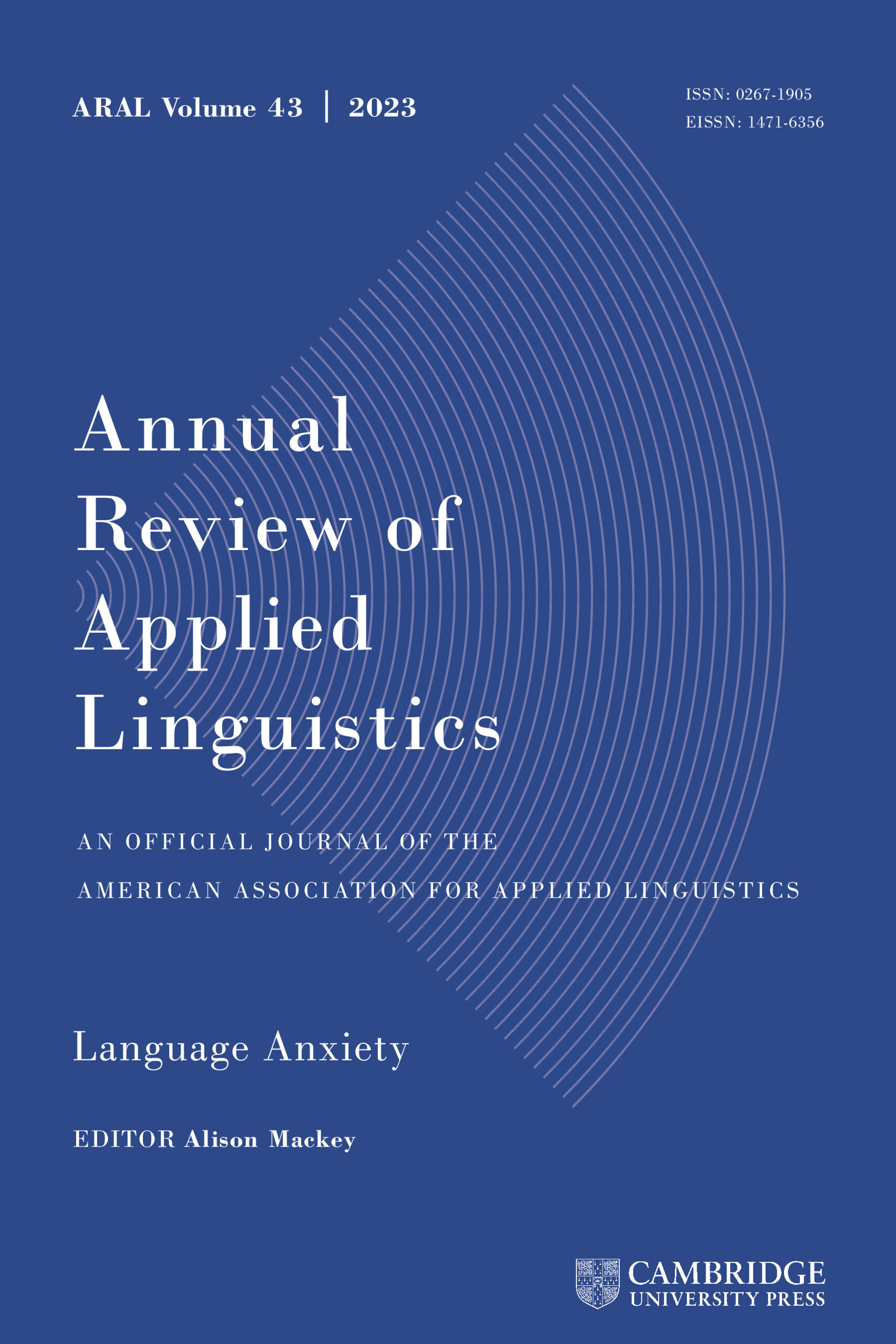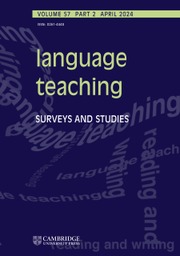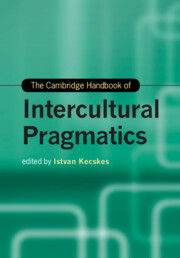English as a Lingua Franca
English as a Lingua Franca (ELF) is a term used to describe the use of English as a common language for communication between speakers whose first language is not English. Providing a unique and original perspective on this subject, Istvan Kecskes explains the language behaviour of ELF speakers, through the lens of Gricean pragmatics. This study successfully brings together the main viewpoints of the Gricean paradigm into ELF research, to discuss and better understand the nature of ELF interactions, as well as explaining how Gricean pragmatics can benefit from investigating and analysing ELF. Each chapter presents intriguing ideas that put existing knowledge into a new perspective, such as interactional competence, intention, implicatures, the semantics-pragmatics interface, and modality. New terms and viewpoints such as language use mode, deliberate creativity, temporary extension of the system, emergent common ground and modality continuum are introduced into the ELF debate.
- Changes and enhances the way we think about ELF and linguistic creativity
- Explores what ELF can add to our existing knowledge about pragmatics
- Examines the semantics-pragmatics interface from a new perspective to clarify the relationship of linguistic sign and context in processing meaning
Product details
No date availableAdobe eBook Reader
9781108776189
0 pages
7 b/w illus. 6 tables
Table of Contents
- Introduction
- 1. The nature of English as a Lingua Franca
- 2. Linguistic creativity in ELF
- 3. Interactional competence
- 4. Sociocultural background knowledge
- 5. Speaker's intention
- 6. The semantics-pragmatics interface
- 7. Implicatures
- 8. Modality
- 9. Dialogic sequences and odd structures
- Epilogue.








